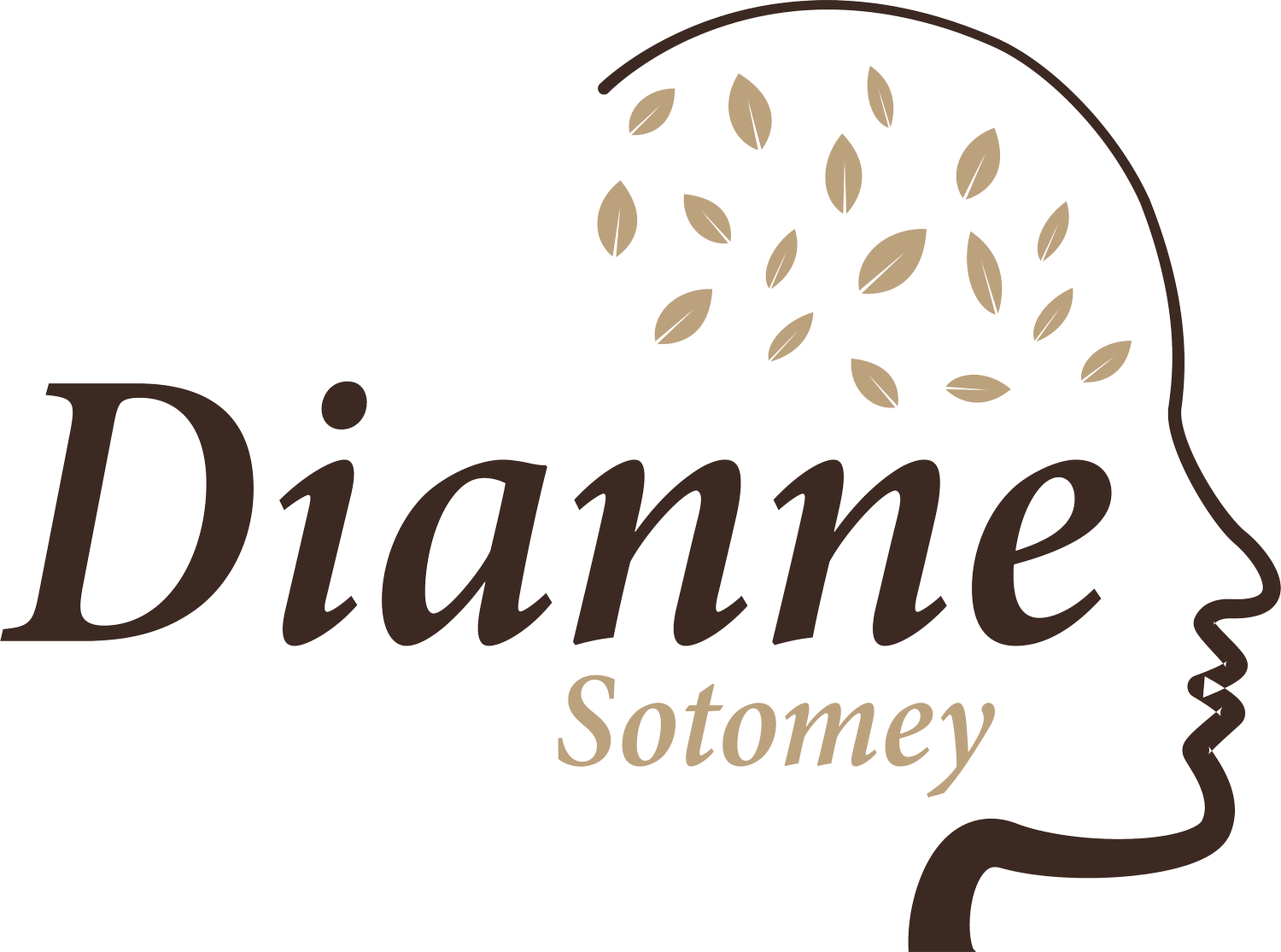The impact of visualization on our mental health
The power of visualization has been known for centuries, but only in recent years has its impact on mental health been fully understood. Visualization involves creating images or mental pictures in the mind, and it has been found to be a powerful instrument for improving mental health and overall well-being. There are several ways in which visualization can positively impact our mental health:
Reducing stress and anxiety: Visualization can help reduce stress and anxiety levels by allowing us to create a mental image of a peaceful and calming place. This can help us relax and reduce feelings of anxiety.
Boosting self-confidence: Visualization can also help boost our selfconfidence by allowing us to mentally rehearse positive outcomes. For example, visualizing a successful job interview or presentation can help us feel more confident and prepared.
Enhancing creativity: Visualization can enhance our creativity by allowing us to generate mental images that inspire new ideas and solutions. This can help us be more innovative and productive.
Improving mood: Visualization can also help improve our mood by allowing us to create mental images that elicit positive emotions. This can help us feel happier and more content.
There are quite a few approaches that can be used to incorporate visualization into our daily lives. One common approach is to use guided imagery, which involves listening to a recording that guides us through a visualization exercise. This can be particularly useful for individuals who are new to visualization or who struggle with focusing their minds.
Another technique is to simply close our eyes and create our own mental images. This can be done at any time, and can be especially helpful during stressful or challenging situations.
Overall, the technique of visualization can profoundly benefit our mental health.visualization is a powerful tool that can have a positive impact on our mental health. By incorporating visualization into our daily lives, we can reduce stress and anxiety, boost our self-confidence, enhance our creativity, and improve our mood.
